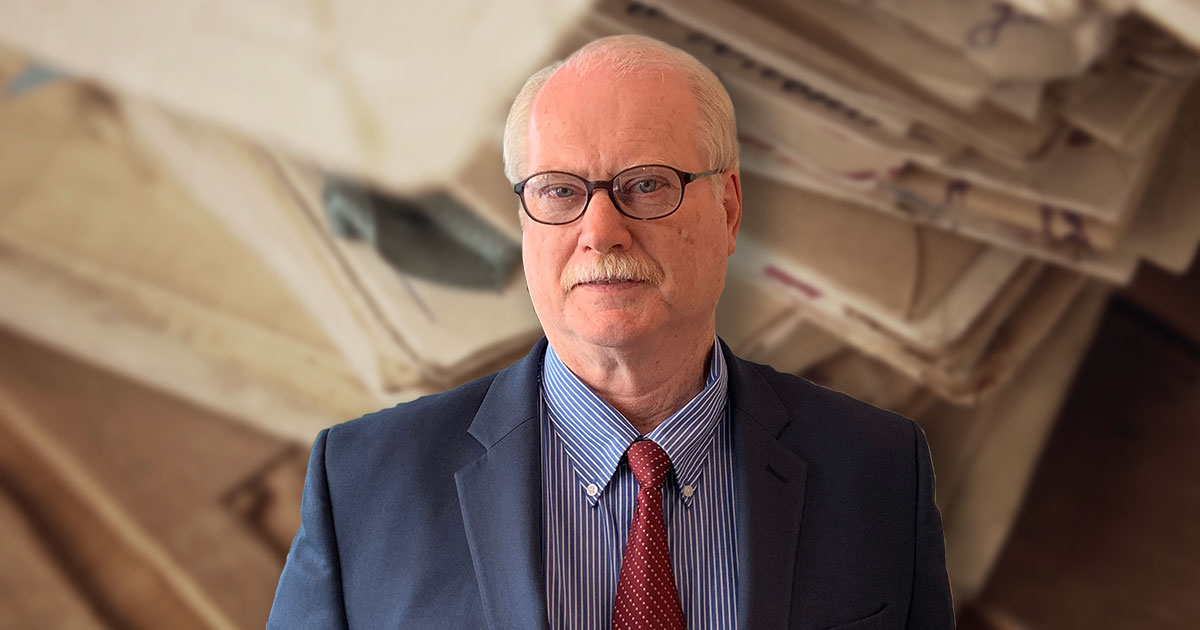POLICYFIND’S CO-FOUNDER & DIRECTOR OF INVESTIGATIONS, DAVID O’NEILL, JD, DISCUSSES THE KEY STARTING POINT TO INSURANCE ARCHEOLOGY SUCCESS
PolicyFind’s Co-Founder and Director of Investigations, David O’Neill, JD, has over 20 years of experience in claims recovery on behalf of corporate policyholders involving environmental property damage, toxic tort and asbestos exposure claims. In 2001, he and Steve Henshaw founded PolicyFind after discovering that attorneys needed insurance archeology for a variety of other client projects outside of funding environmental cleanup and legal defense.
Since then, David and the rest of the insurance archeology team at PolicyFind have located over $5 billion dollars in usable insurance assets. He has personally worked on over 700 projects including the reconstruction of insurance coverage for the countrywide rollup of the nation’s largest waste disposal company.
In David’s time as an insurance archeologist, he’s heard just about every question you can possibly think to ask about insurance archeology services, and how they can benefit a policyholder. David answers the most common question he says he hears is, “What is the likelihood you can find my lost policies?”
WHAT IS THE LIKELIHOOD YOU CAN FIND LOST POLICIES?
In order to answer this question, I first have to ask, “To what business records of the insureds do you have access?” Our likelihood of success improves when we have some business records to reference as we get started. We are not talking insurance documents here, although that would be great. We are only asking for correspondence or property records—really just anything from those years in which the alleged harm occurred that is the basis of the claim.
Learn our three tips for starting an insurance archeology project.
More often than not, a client or their attorney will overlook these documents. The attorney may not even know to ask for them. But they are incredibly valuable. These documents may not be actual policies, but they can potentially help us track down other evidence of coverage.
Often our clients come to us empty-handed, but after working with them, we discover business records exist. We would much rather you have access to these documents before you approach us. That way we’re not spending our initial efforts searching for business records in the hands of others.
I recommend that attorneys become better acquainted with their client’s corporate history and the records their client generated during the course of that history. We will be glad to assist in this process and the likelihood of our success will be greatly improved.
Contact us for a free confidential consultation.

